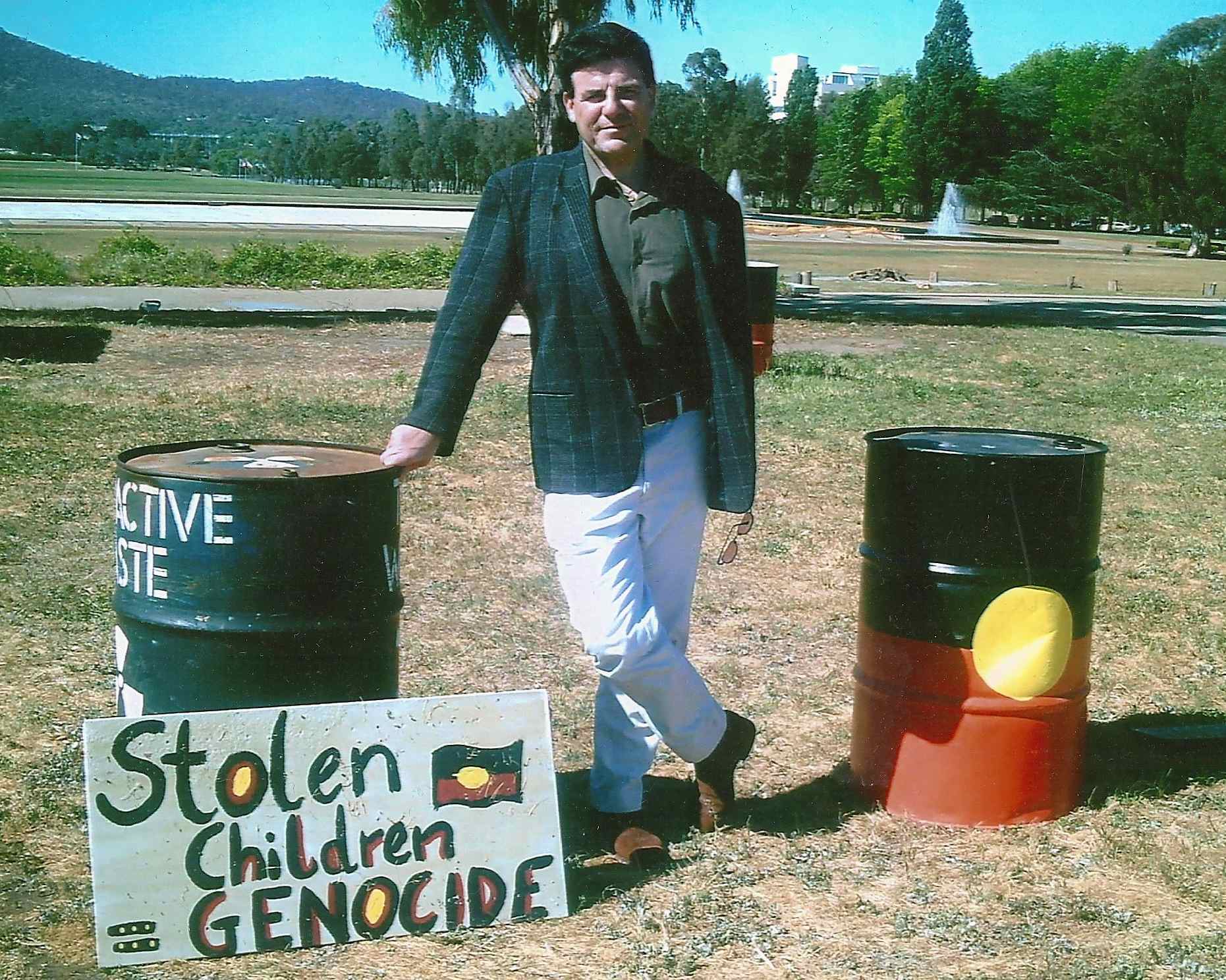Reposted with permission from BlakandBlack.
In the realm of justice, one of the fundamental principles that underpins our legal system is the right of an accused individual to face their accuser. This right is not merely a procedural formality; it is a cornerstone of fairness and transparency in legal proceedings. The ability to confront one’s accuser directly – to look them in the eye across the courtroom – serves as a vital safeguard against wrongful accusations and ensures that justice is served.
Reflecting on my own experience, I am reminded of the profound implications of this right. In 2017, I emerged victorious in a criminal trial that concluded with a resounding 16-0 verdict in my favor. This two-week trial was built upon a foundation of forged documents, allegedly created by an individual within the ACT government. The irony is palpable: the very person who may have initiated the referral to the Australian Federal Police (AFP) is likely the forger themselves. Despite the passage of nine years since my initial charges and seven years since my courtroom victory, I remain in the dark regarding the identity of my accuser. My numerous requests to both the AFP and the ACT government have yielded no answers, leaving me with a lingering sense of injustice.
As we navigate the ongoing discourse surrounding criminality in Indigenous communities, it is imperative that we advocate for equal accountability under the law. I firmly believe that all individuals who commit crimes must face justice, regardless of their background. However, it is utterly unacceptable to enforce this principle selectively based on race. Racism and selective policing are issues that must be confronted head-on, for they undermine the very fabric of our legal system.
The challenges posed by whistleblower retaliation further illuminate the systemic issues entrenched within the Commonwealth government, the ACT government, and the Australian Federal Police. A notable case involves the Indigenous Commissioner for Revenue, who made a Public Interest Disclosure naming Phillip Mitchell, the then ACT government solicitor, for engaging in reportable conduct. Retaliation against whistleblowers is a criminal offence, yet Mitchell’s actions – including his correspondence with the University of London – exemplify a troubling pattern of misconduct that cannot be overlooked.
In 2013, when I sought transparency regarding this disclosure, the ACT government obstructed my request, raising serious concerns about accountability and integrity within our institutions. Compounding these issues, Peter Garrisson, Mitchell’s successor, fabricated a report to the AFP using forged documents, which ultimately contributed to my significant courtroom victory. This sequence of events paints a troubling picture: while Indigenous individuals often find themselves facing charges, those in positions of power – predominantly white individuals – frequently evade accountability for serious offenses such as corruption and perjury.
It is high time we demand fairness and justice for all individuals, irrespective of their race or background. The integrity of our legal system hinges on our collective commitment to ensuring that all individuals are held accountable for their actions. We cannot continue to turn a blind eye to the disparities in accountability based on race; it is a disservice to the principles of justice and equality that we hold dear.
I will continue advocating for a legal system that is truly just and equitable. It is our responsibility as citizens to ensure that the rights of the accused are upheld, that accountability is enforced uniformly, and that the voices of all individuals – especially those from marginalised communities – are heard and respected.

